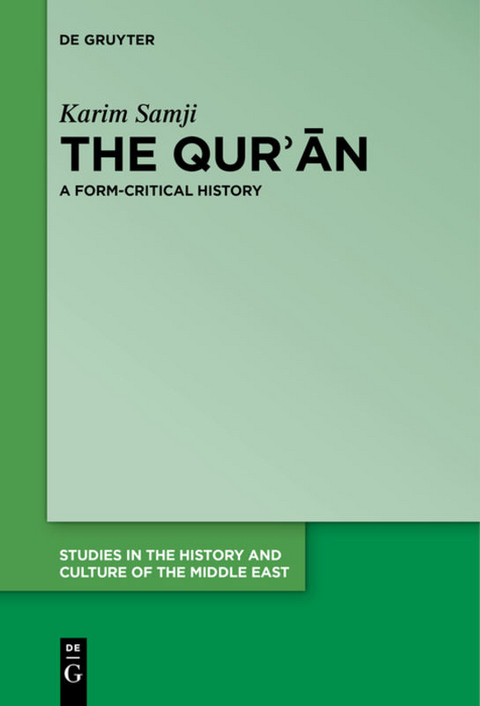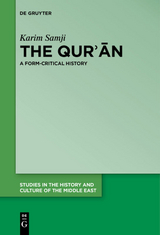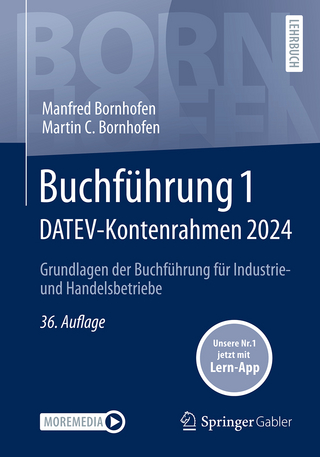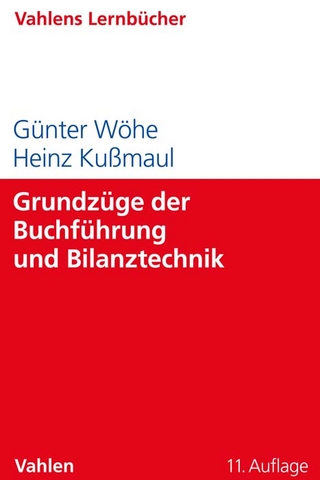The Qur'ān
A Form-Critical History
Seiten
Die Studien zur Geschichte und Kultur des Vorderen Orients erscheinen als Supplement der Zeitschrift Der Islam, gegründet 1910 von Carl Heinrich Becker, einem der Väter der modernen Islamwissenschaft. Ziel der Studien ist die Erforschung der vergangenen Gesellschaften des Vorderen Orients, ihrer Glaubenssysteme und der zugrundeliegenden sozialen und ökonomischen Verhältnisse – für alle historisch arbeitenden Geistes- und Sozialwissenschaften.
The corpus coranicum eludes familiar categories and resists strict labels. No doubt the threads woven into the fabric are exceptionally textured, varied, and complex. Accordingly, the introductory chapter of this book demonstrates the application of form criticism to the text. Chapter two then presents a form-critical study of the prayer genre. It identifies three productive formulae and addresses distinct social settings and forms associated with them. The third chapter begins by defining the liturgy genre vis-à-vis prayer in the Qurʾān. Drawing a line between the hymn and litany forms, this chapter treats each in turn. Chapter four considers the genre classified as wisdom literature. It identifies sapiential formulae and sheds light on wisdom contexts. The fifth chapter examines the narrative genre writ large. It also surveys narrative blocks of the long saga. The subsequent chapter on the proclamation genre inspects a set of vocative formulae, which occurs in the messenger situation. The concluding chapter looks at the corpus through synchronic and diachronic lenses. In the end, Qurʾānic genres encapsulate the form-critical elements of formulae, forms, and settings, as well as an historical dimension.
The corpus coranicum eludes familiar categories and resists strict labels. No doubt the threads woven into the fabric are exceptionally textured, varied, and complex. Accordingly, the introductory chapter of this book demonstrates the application of form criticism to the text. Chapter two then presents a form-critical study of the prayer genre. It identifies three productive formulae and addresses distinct social settings and forms associated with them. The third chapter begins by defining the liturgy genre vis-à-vis prayer in the Qurʾān. Drawing a line between the hymn and litany forms, this chapter treats each in turn. Chapter four considers the genre classified as wisdom literature. It identifies sapiential formulae and sheds light on wisdom contexts. The fifth chapter examines the narrative genre writ large. It also surveys narrative blocks of the long saga. The subsequent chapter on the proclamation genre inspects a set of vocative formulae, which occurs in the messenger situation. The concluding chapter looks at the corpus through synchronic and diachronic lenses. In the end, Qurʾānic genres encapsulate the form-critical elements of formulae, forms, and settings, as well as an historical dimension.
Karim Samji, Gettysburg College, PA, U.S.A.
| Erscheinungsdatum | 16.03.2018 |
|---|---|
| Reihe/Serie | Studies in the History and Culture of the Middle East ; 32 |
| Verlagsort | Berlin/Boston |
| Sprache | englisch |
| Maße | 155 x 230 mm |
| Gewicht | 591 g |
| Themenwelt | Geisteswissenschaften ► Religion / Theologie |
| Wirtschaft ► Betriebswirtschaft / Management ► Rechnungswesen / Bilanzen | |
| Schlagworte | Bibel • Bible • Form Criticism • Formgeschichte • Islam • Koran • Quran |
| ISBN-10 | 3-11-057545-0 / 3110575450 |
| ISBN-13 | 978-3-11-057545-3 / 9783110575453 |
| Zustand | Neuware |
| Informationen gemäß Produktsicherheitsverordnung (GPSR) | |
| Haben Sie eine Frage zum Produkt? |
Mehr entdecken
aus dem Bereich
aus dem Bereich
Grundlagen der Buchführung für Industrie- und Handelsbetriebe
Buch | Softcover (2024)
Springer Gabler (Verlag)
28,00 €




